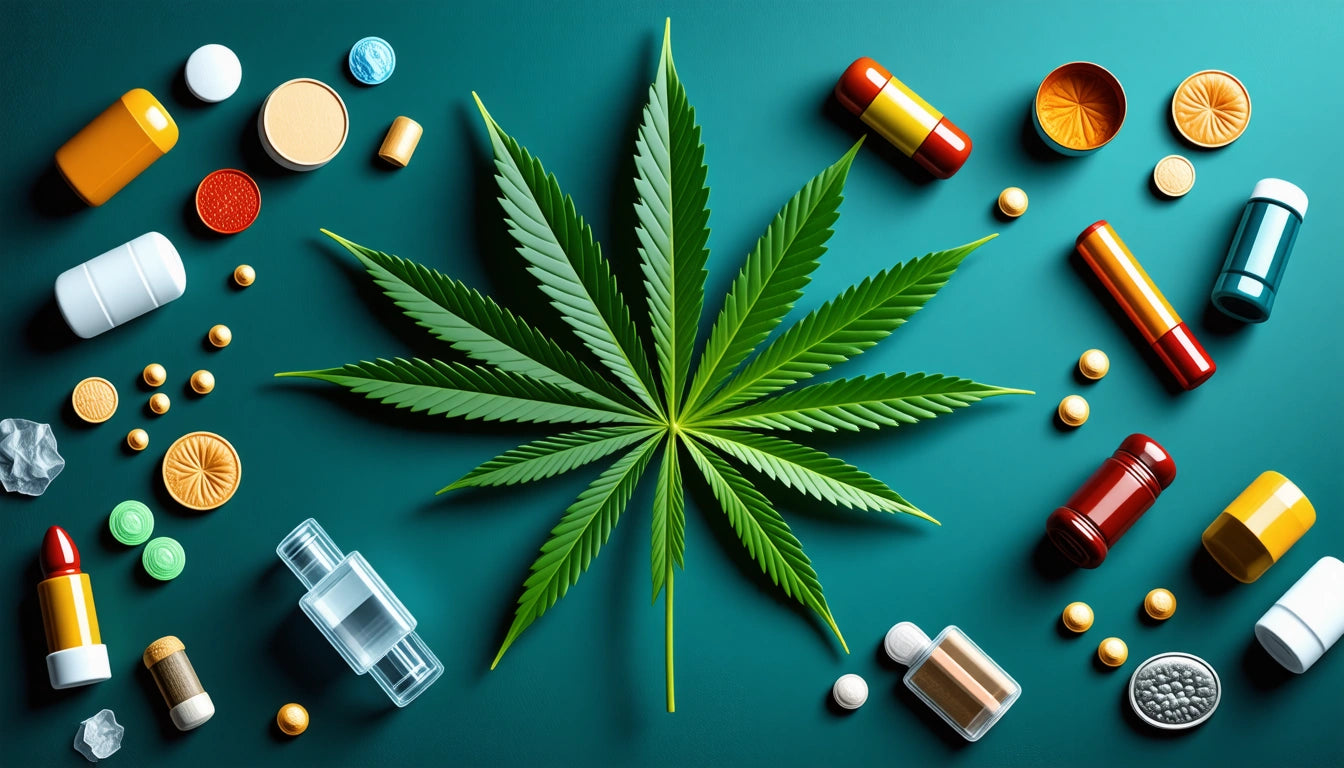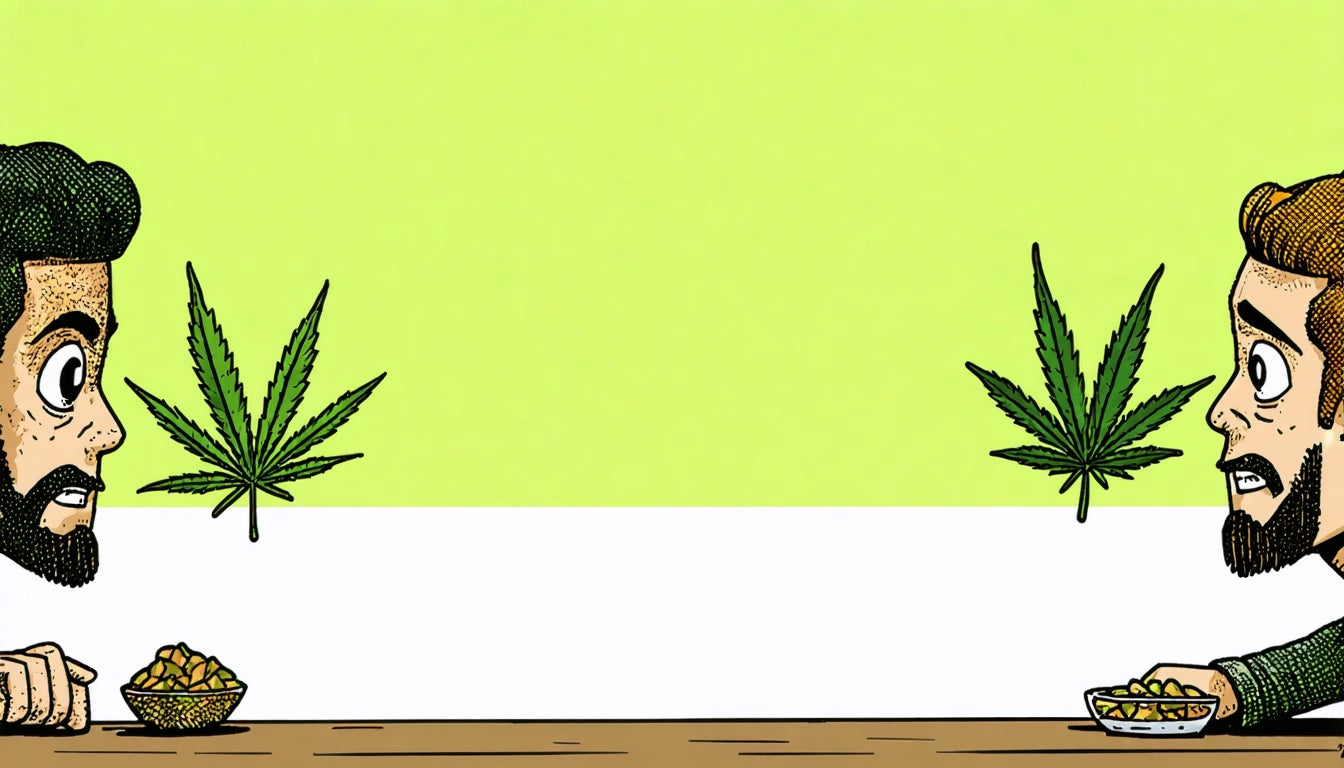Table of Contents
- What Does Legalized Mean: Basic Definition and Concepts
- Legalize or Legalise: Regional Spelling Differences Explained
- How to Legalize: Understanding the Process
- Cannabis Legalization: A Case Study in Modern Policy Reform
- Regulatory Frameworks That Follow Legalization
- Future Implications of Legalization Trends Worldwide
Understanding Legalization: Definitions, Differences, and Processes
The concept of legalization affects numerous aspects of society, from substances and behaviors to immigration status and documents. Understanding what does legalized mean provides clarity on policy changes that impact businesses, individuals, and communities. This comprehensive guide explores the definition of legalization, spelling variations, implementation processes, and real-world applications.
What Does Legalized Mean: Basic Definition and Concepts
At its core, legalization refers to the process of making something that was previously illegal or prohibited into something that is permitted by law. When something becomes legalized, it transitions from prohibited status to a regulated framework where it can exist within certain boundaries established by legislation.
What does legalizing mean in practical terms? It typically involves:
- Removing criminal penalties associated with the previously prohibited item or activity
- Creating regulatory frameworks to govern its use, production, or practice
- Establishing taxation systems when applicable
- Implementing quality control and safety standards
- Developing licensing procedures for businesses or individuals
Legalization differs from decriminalization, which merely reduces or eliminates criminal penalties without creating a fully legal framework. As explained in this comparison of decriminalization and legalization, the two approaches represent different levels of policy reform.
Legalize or Legalise: Regional Spelling Differences Explained
The terms "legalize" and "legalise" represent the same concept but differ in spelling based on regional English variations. Similarly, "legalized" or "legalised" and "legalizing" or "legalising" follow the same pattern of regional difference.
American vs. British English
The spelling variation follows standard American versus British English patterns:
- American English: Legalize, legalized, legalizing
- British English: Legalise, legalised, legalising
Countries that follow British English conventions, such as the United Kingdom, Australia, and many Commonwealth nations, typically use the "-ise" ending. Meanwhile, American English-speaking regions use the "-ize" ending. Both spellings are correct in their respective contexts.
How to Legalize: Understanding the Process
The process of how to legalize something varies depending on the jurisdiction and subject matter, but typically follows these general steps:
1. Advocacy and Public Support
Legalization often begins with grassroots movements, advocacy organizations, and growing public support. This phase involves raising awareness about the benefits of legalization and addressing misconceptions.
2. Legislative Action
Depending on the jurisdiction, legalization may occur through:
- Legislative bills passed by elected representatives
- Ballot initiatives or referendums voted on directly by citizens
- Court decisions that invalidate existing prohibitions
- Executive orders in some limited circumstances
3. Regulatory Development
Once legalized, regulatory agencies develop detailed rules governing the newly legal item or activity. This includes safety requirements such as specialized packaging standards that protect vulnerable populations while allowing adult access.
Cannabis Legalization: A Case Study in Modern Policy Reform
Cannabis legalization provides a clear example of what legalizing means in practice. The process has unfolded differently across jurisdictions but illustrates the typical progression from prohibition to regulation.
As outlined in this exploration of cannabis legalization benefits, the shift from prohibition involves complex policy considerations including:
- Economic impacts through tax revenue and job creation
- Social justice reforms addressing historical inequities
- Public health approaches to substance use
- Consumer safety through testing and labeling requirements
The debate continues in many regions, with stakeholders weighing pros and cons of marijuana legalization from multiple perspectives.
Regulatory Frameworks That Follow Legalization
What does legalized mean for regulatory systems? Once something becomes legal, comprehensive regulations typically follow to ensure public safety and responsible use.
Safety Standards and Consumer Protection
Legalization frameworks prioritize consumer safety through various mechanisms. For example, cannabis and pharmaceutical products require specific packaging that prevents accidental consumption by children. According to research on protective packaging requirements, these measures significantly reduce accidental poisoning incidents while maintaining accessibility for the intended adult users.
Licensing and Compliance
Legalized industries typically operate under licensing systems that ensure:
- Qualified operators meet minimum standards
- Regular inspections verify ongoing compliance
- Transparent business practices protect consumers
- Tracking systems monitor products from production to sale
For businesses entering newly legalized markets, understanding these regulatory requirements becomes essential for successful operation.
Future Implications of Legalization Trends Worldwide
As legalization movements continue across various domains, from cannabis to certain therapeutic compounds, several important trends are emerging that will shape future policy approaches.
Harmonization between jurisdictions represents a significant challenge, as businesses operating across borders must navigate inconsistent regulations. Additionally, evolving scientific understanding continues to inform regulatory frameworks, particularly regarding public health impacts.
The tension between medical and recreational approaches also influences how legalization unfolds, with medical frameworks often preceding broader legalization. This pattern appears in both cannabis regulation and emerging psychedelic therapy research.
Understanding what does legalized mean will continue to evolve as societies develop more nuanced approaches to regulation that balance individual freedom, public safety, and evidence-based policy. The legalization process itself represents an ongoing conversation rather than a final destination, with regulatory frameworks adapting to new information and changing social perspectives.











Leave a comment
All comments are moderated before being published.
This site is protected by hCaptcha and the hCaptcha Privacy Policy and Terms of Service apply.